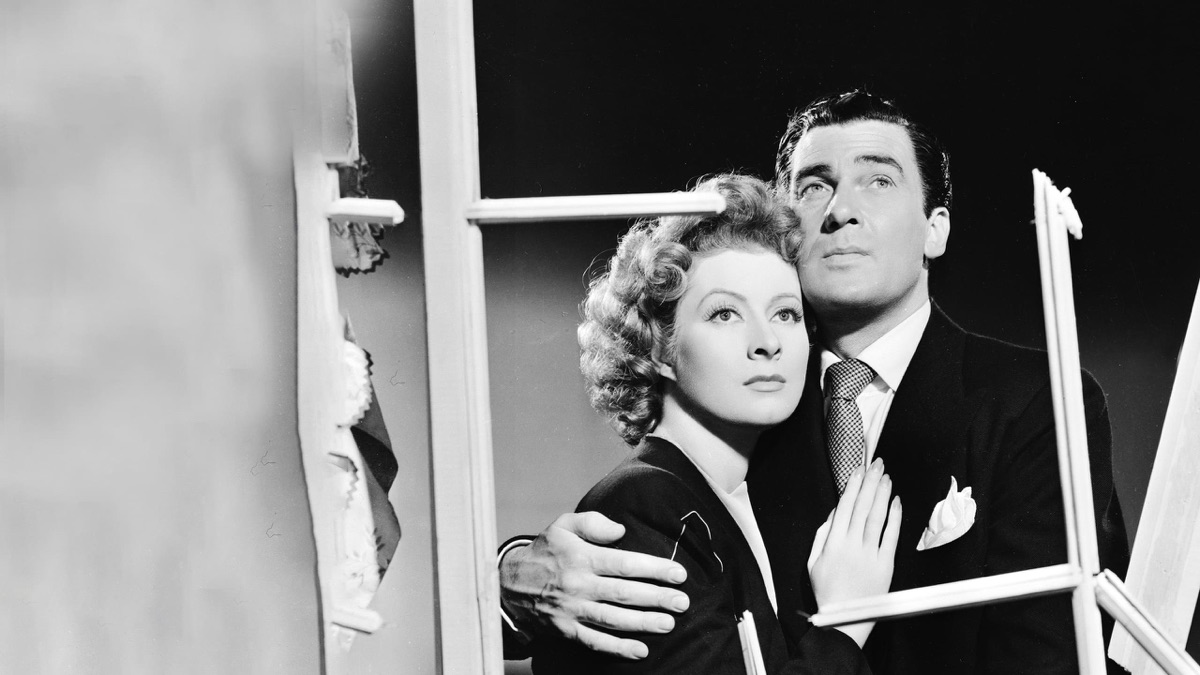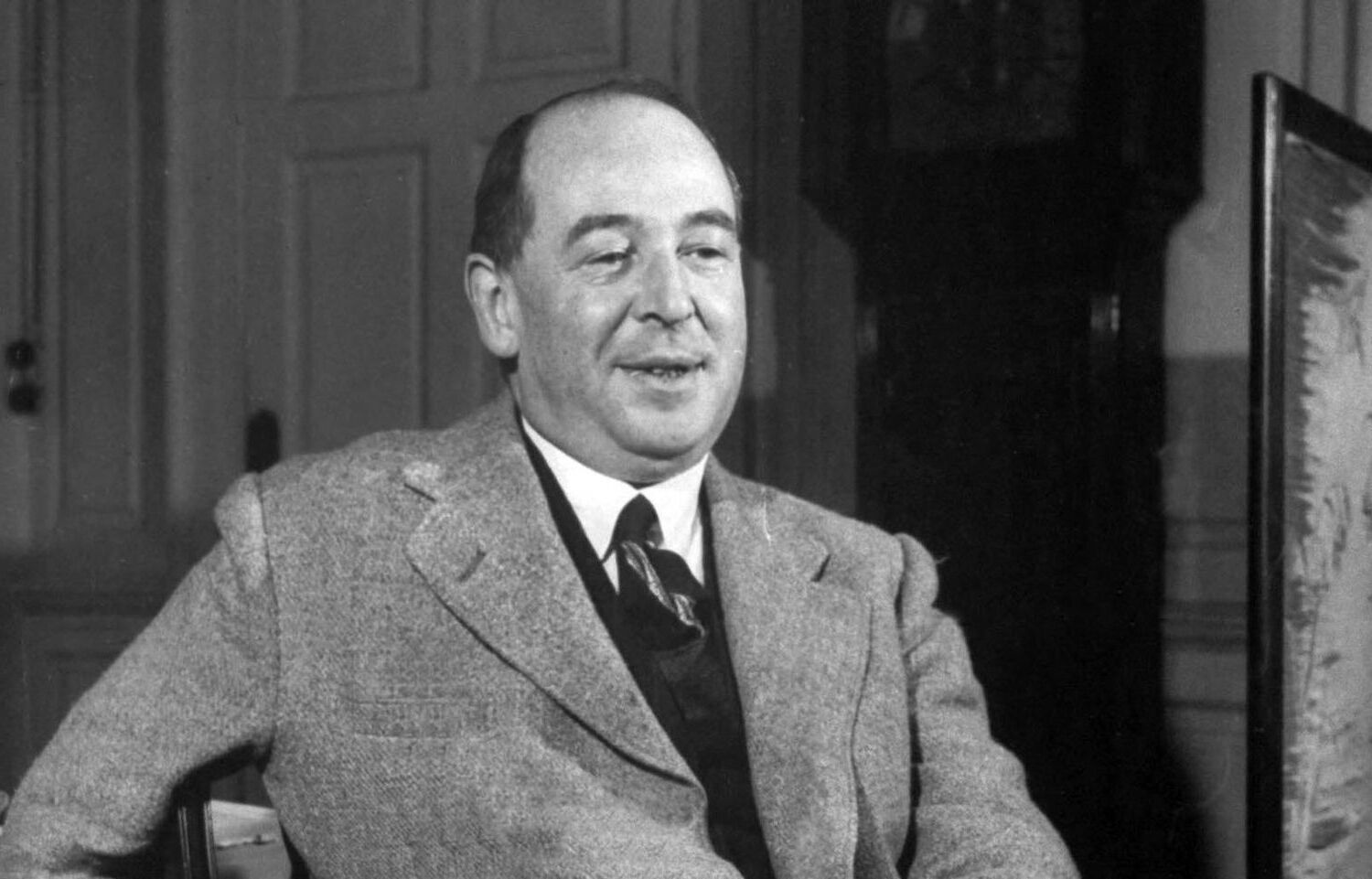
Mrs. Miniver is a classic movie that has captivated audiences around the world since its release in 1942. Directed by William Wyler and starring the brilliant Greer Garson, this film tells the story of a courageous British housewife living during World War II. Mrs. Miniver not only became a box office success, but it also earned critical acclaim, winning six Academy Awards including Best Picture. With its powerful portrayal of the challenges faced by ordinary people in extraordinary times, Mrs. Miniver continues to be celebrated as a masterpiece of storytelling and cinematic excellence. In this article, we will explore 43 fascinating facts about this iconic film, shedding light on its production, impact, and enduring legacy. So, grab some popcorn and get ready to embark on a journey through the captivating world of Mrs. Miniver!
Key Takeaways:
- “Mrs. Miniver” is a classic movie released in 1942, winning six Academy Awards and praised for its portrayal of the impact of war on ordinary people, showcasing the strength and resilience of the human spirit.
- The film’s timeless themes of love, unity, and resilience continue to inspire audiences, reminding us of the enduring legacy of courage and strength in the face of adversity.
Mrs. Miniver was released in 1942.
This iconic film, directed by William Wyler, captivated audiences when it hit the silver screen in 1942.
Mrs. Miniver won six Academy Awards.
The movie garnered critical acclaim and went on to win several accolades, including Best Picture, Best Director, and Best Actress at the 15th Academy Awards.
It is based on a novel by Jan Struther.
The movie is an adaptation of Jan Struther’s novel of the same name, which follows the life of an English middle-class family during World War II.
The character of Mrs. Miniver was played by Greer Garson.
Greer Garson delivered a captivating performance as the strong and resilient Mrs. Miniver, earning her an Academy Award for Best Actress.
Winston Churchill praised the film.
The movie was highly praised by British Prime Minister Winston Churchill, who believed it would boost morale during wartime.
Mrs. Miniver was a box office success.
The film was a commercial success, grossing over $5 million in its initial release and becoming one of the highest-grossing films of 1942.
It was a propaganda film during World War II.
Mrs. Miniver was used as a tool for propaganda during World War II, highlighting the strength and resilience of the British people in the face of adversity.
The movie was shot in both the United States and England.
The production of Mrs. Miniver took place in both the United States and England, capturing the essence of both countries during the war.
It received positive reviews from critics.
Upon its release, Mrs. Miniver received overwhelmingly positive reviews from film critics, praised for its performances, storytelling, and its portrayal of the human spirit in challenging times.
Mrs. Miniver inspired a radio adaptation.
The success of the film led to a radio adaptation of Mrs. Miniver, which aired on NBC and starred Greer Garson reprising her role as the titular character.
The film was a cultural touchstone.
Mrs. Miniver became a cultural touchstone, resonating with audiences around the world and leaving a lasting impact on the film industry.
The movie depicts the impact of war on ordinary people.
One of the key themes of Mrs. Miniver is the impact of war on ordinary people, showing the sacrifices and struggles they faced during World War II.
It portrays the strength and resilience of the British people.
Mrs. Miniver showcases the strength, determination, and resilience of the British people in the face of adversity, inspiring audiences with its powerful message.
Mrs. Miniver was nominated for twelve Academy Awards.
The film received a record-breaking twelve Academy Award nominations, further cementing its place in cinematic history.
The film’s release was delayed in some countries.
Due to the outbreak of World War II, the release of Mrs. Miniver was delayed in several countries as they dealt with the ongoing conflict.
It had a successful re-release in 1946.
After the end of World War II, Mrs. Miniver was re-released in 1946 and continued to captivate audiences with its timeless story.
The movie showcases the impact of war on family dynamics.
Mrs. Miniver explores how war can disrupt and reshape family dynamics, highlighting the challenges faced by families during times of conflict.
Mrs. Miniver was praised for its realistic portrayal of war.
The film was lauded for its realistic depiction of war, presenting the harsh realities faced by civilians and soldiers alike.
The movie is known for its emotional performances.
Mrs. Miniver is known for its emotionally charged performances, evoking empathy and connection from audiences.
The film’s music was composed by Herbert Stothart.
The beautiful and evocative score of Mrs. Miniver was composed by Herbert Stothart, adding depth and emotion to the story.
Mrs. Miniver was a significant influence on subsequent war films.
The impact of Mrs. Miniver reverberated through the film industry, influencing subsequent war films and shaping the portrayal of wartime experiences.
The movie emphasizes the importance of community and unity.
Through its narrative, Mrs. Miniver emphasizes the importance of community and unity, highlighting how people can come together during challenging times.
Mrs. Miniver highlights the courage and bravery of ordinary individuals.
The film showcases the courage and bravery of ordinary individuals, who faced extraordinary circumstances and rose to the occasion.
It depicts the impact of war on women.
Mrs. Miniver explores the impact of war on women, shedding light on their resilience, strength, and contributions to the war effort.
The movie’s screenplay was written by Arthur Wimperis.
The screenplay for Mrs. Miniver was penned by Arthur Wimperis, who successfully brought Jan Struther’s novel to life on the silver screen.
Mrs. Miniver’s success led to the creation of a sequel.
The popularity of Mrs. Miniver inspired the creation of a sequel titled “The Miniver Story,” which continued the story of the Miniver family after the war.
It was a critical and commercial success in the United States and abroad.
Mrs. Miniver received universal acclaim from both critics and audiences, resonating with viewers across different countries and cultures.
The film was praised for its realistic production design.
Mrs. Miniver was praised for its meticulous attention to detail, with its production design accurately recreating the wartime era.
It explores themes of sacrifice and resilience.
Themes of sacrifice and resilience are central to Mrs. Miniver, depicting the extraordinary lengths people go to protect and support their loved ones during war.
Mrs. Miniver was a significant influence on women-centric narratives in films.
The film’s portrayal of a strong and independent female protagonist influenced the representation of women in subsequent films, paving the way for more nuanced and empowering narratives.
It was nominated for Best Adapted Screenplay at the Academy Awards.
The screenplay for Mrs. Miniver, adapted from Jan Struther’s novel, received recognition and was nominated for an Academy Award.
The movie’s cinematography captured the essence of wartime England.
The cinematography of Mrs. Miniver beautifully captured the essence of wartime England, showcasing both the beauty and devastation of the era.
Mrs. Miniver remains a beloved classic.
Decades after its release, Mrs. Miniver continues to be regarded as a beloved classic, touching the hearts of new generations of viewers.
The film reflects the resilience of the human spirit.
Mrs. Miniver serves as a testament to the resilience of the human spirit, highlighting the capacity for hope and strength even in the darkest of times.
The movie’s success boosted morale during World War II.
The release of Mrs. Miniver during World War II provided a much-needed source of inspiration and hope, boosting morale among both soldiers and civilians.
It received a Special Academy Award for its contribution to the war effort.
Mrs. Miniver was honored with a Special Academy Award in recognition of its significant contribution to the war effort and its impact on society.
The film showcases the impact of war on children.
Mrs. Miniver explores the effects of war on children, portraying their experiences, fears, and resilience in the face of uncertainty.
The movie’s themes are still relevant today.
The themes of love, resilience, and the human spirit depicted in Mrs. Miniver continue to resonate with audiences, transcending time and remaining relevant in modern society.
The film’s message of unity and strength in adversity is timeless.
Throughout the years, Mrs. Miniver’s message of unity and strength in the face of adversity has remained timeless, inspiring generations with its powerful portrayal.
Mrs. Miniver holds a special place in cinematic history.
Mrs. Miniver holds a special place in cinematic history, not only for its exceptional storytelling but also for the impact it had on the portrayal of war and its lasting legacy.
It was one of the first films to humanize the enemy.
Mrs. Miniver was groundbreaking in its approach to humanizing the enemy, showcasing the shared experiences and emotions of individuals caught in the turmoil of war.
The film’s themes of love and resilience transcend borders.
Mrs. Miniver’s universal themes of love and resilience have touched the hearts of audiences worldwide, highlighting the power of storytelling to bridge cultural divides.
The legacy of Mrs. Miniver lives on.
The legacy of Mrs. Miniver lives on, reminding us of the strength, courage, and resilience of the human spirit in times of adversity.
Conclusion
In conclusion, “Mrs. Miniver” is a timeless classic that not only entertained audiences but also provided deep insights into the human condition during World War II. With its compelling storyline, stellar performances, and powerful message of resilience and community, this film continues to captivate audiences even after several decades.From its remarkable success at the Academy Awards to its impact on wartime propaganda, “Mrs. Miniver” remains a testament to the power of storytelling in cinema. Whether you are a fan of historical dramas, war films, or simply appreciate quality filmmaking, this movie is a must-watch.So, grab some popcorn, sit back, and enjoy the masterpiece that is “Mrs. Miniver.” It will transport you to a different era and remind you of the enduring strength of the human spirit.
FAQs
Q: Who directed the movie “Mrs. Miniver”?
A: “Mrs. Miniver” was directed by William Wyler, a renowned filmmaker known for his exceptional storytelling and attention to detail.
Q: When was “Mrs. Miniver” released?
A: The movie was released in 1942, during the height of World War II. It served as a source of inspiration and rallied public support during those challenging times.
Q: What is the plot of “Mrs. Miniver”?
A: “Mrs. Miniver” follows the life of a British middle-class family living in the countryside during the war. It showcases their struggles, sacrifices, and triumphs as they face the realities of war on their doorstep.
Q: Did “Mrs. Miniver” receive any awards?
A: Yes, “Mrs. Miniver” received a total of six Academy Awards, including Best Picture, Best Director, and Best Actress for Greer Garson’s exceptional performance.
Q: Is “Mrs. Miniver” based on a true story?
A: While “Mrs. Miniver” is a work of fiction, it was inspired by Jan Struther’s novel of the same name, which drew from her experiences and observations during the war.
Q: Why is “Mrs. Miniver” considered a classic?
A: “Mrs. Miniver” is considered a classic due to its timeless themes of bravery, love, and unity in the face of adversity. It beautifully captures the spirit of resilience and showcases the strength of ordinary people during extraordinary times.
Mrs. Miniver's enduring legacy continues inspiring audiences, showcasing resilience during trying times like World War II. For those craving more cinematic gems, delve into the poignant family drama Still Walking or explore the fascinating life of 1940s icon Glenn Miller.
Was this page helpful?
Our commitment to delivering trustworthy and engaging content is at the heart of what we do. Each fact on our site is contributed by real users like you, bringing a wealth of diverse insights and information. To ensure the highest standards of accuracy and reliability, our dedicated editors meticulously review each submission. This process guarantees that the facts we share are not only fascinating but also credible. Trust in our commitment to quality and authenticity as you explore and learn with us.


